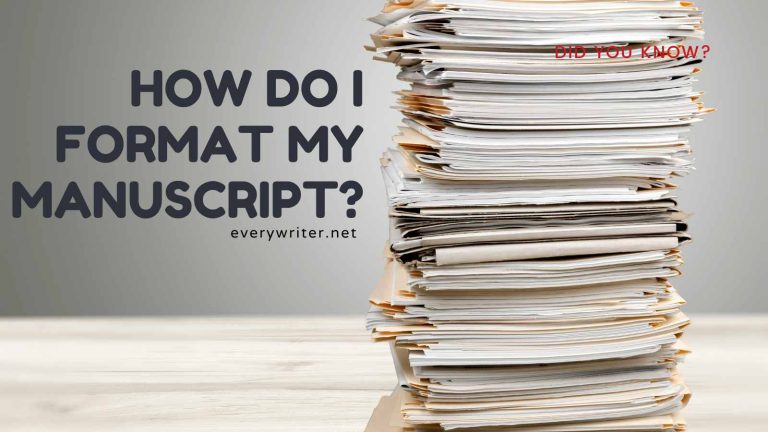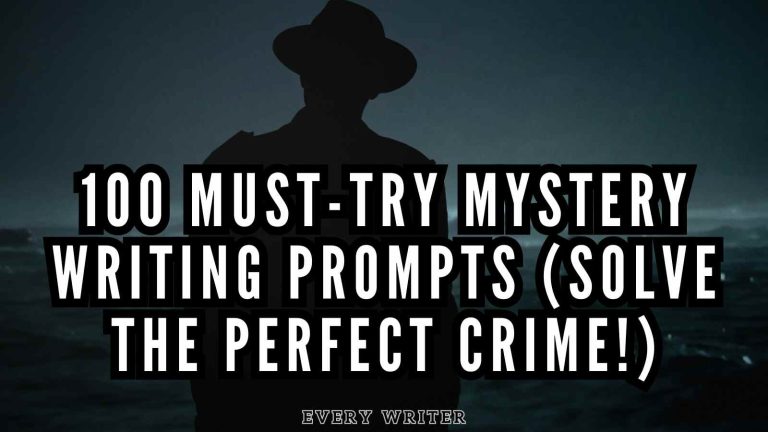
Do you want to know how to start a literary magazine? Many people have a passion for writing. One of the best ways to connect yourself to writers and meet artists is to become an editor of a literary magazine. There are many ways to do this. Some methods are better than others. So here are some things to consider when you are beginning a magazine. I have been the editor of 2 magazines and, of course, this site EWR. My first online literary venture was Drunk Duck in 1999. The magazine ran for two years and was very successful. When it closed, it was receiving about 15,000 unique visits a month. I was getting about 1000 submissions a month, and its success is one of the reasons I had to close the magazine. It was so labor-intensive that I got overwhelmed and gave up. This article is meant as a step-by-step on how to start a literary magazine. It is also meant to give you some things to think about, tell you about my mistakes, and advise you on new developments that will help you.
This is the first article in a series of articles: called “How to Build a Successful Money-Making Literary Magazine.” All the articles will be online, but you can only get the complete series by signing up for our mailing list. It’s 100% free. Just sign up, and you’ll get all these steps and more explained. For instance, should you go with a blog or a website? What technical skills and tricks will help you? It’s not answered here, but you can find out all you need by signing up.
Step 1
Brainstorm a domain name, magazine name, and mission of your magazine. It is imperative to get this right when you start. The name Drunk Duck, believe it or not, was very offensive to some people. I used to get emails, a few a week, telling me that if it weren’t for the name, people would submit their work. Honestly, I didn’t give the name much thought when I started. It was an inside joke between a friend and me, and I thought, what the heck? Because of the name, I attracted a particular type of writer. Some writers were out there looking for the “New England Journal of Something Something” or “The Very Serious Review” and didn’t want to have Drunk Duck among their publication credits, and that’s understandable. Many writers won’t care, but some will. It’s just something to think about. If you publish high-quality work, it won’t matter in the long run, but when you are starting, your name says a lot about what you think of writing.
One other thing to think about is that your magazine’s name will have a great deal of impact on search engine placement. I know it seems unimportant to some, but when you are sitting there checking your email day after day, and no one is submitting their work or visiting your site, it will eventually occur to you that maybe the name has something to do with it. This isn’t a gimmick. Pick a name you like and represents your feelings about writing, but remember two things. I search engine placement saves you on promotion (I’ll talk about that later), and two, if you ever plan for someone to read your magazine on their cell phone, you might not want the URL to be 100 characters long.
Step 2
Pick a domain host. This is one of the most important things you will do during this process. If you don’t work on the web right now, you won’t have any clue about domain hosting, and you most likely won’t care. When I ran Drunk Duck, I started on a free site and quickly found that very few people took me seriously. I then switched to a paid host. Switching was painful again. That host started cheap and then blew up their prices. I then had to change again. I have been on domain hosts that have closed before too. It’s not fun. EWR started as the free site everylitmag. It was a tripod site, and I had so much trouble with them. They are expensive, and their features are horrible. I looked at three things when I changed the last time to Host Monster. (Disclosure: we are compensated for our review of Hostmonster). 1. Stability 2. Price 3. Options. Stability: You don’t want a constantly changing company or one about to close down. 2. You want one that is affordable, of course, 3. You want one that works for you and gives you options.
- Put some money into your site. You will save many headaches if you do it right the first time. Don’t go with a free site. If you ever plan on making money from the site, keep it running. Buy a domain. In the long run, it will save you a lot more.
- Do some research and find what will work best for you.
- My recommendation is that you go with Host Monster. (Disclosure: we are compensated for our review of Hostmonster). Do your research, and you will find they are consistently listed among the top. I love them. They have a ton of free scripts you can use, and it is straightforward to use. You can sign up for about five or 6$ a month, and their customer support is outstanding. You can live chat with them any time or call them if you have a problem. They will give you the domain name and emails when your site is up.
Step 3
Represent yourself like a business. I’m bad at this sometimes, but the best way to be taken seriously and start getting traffic and submissions is to be professional. Use a domain name email, set up a newsletter, and develop a mission statement on how you deal with the works you will publish. Most literary magazines take first-time rights, but with everyone posting their work on their sites like Twitter, Facebook, and blogs, you have to decide if you will accept previously published works, works published on personal sites, and so on. It takes much thought, but you’ll get these questions. You’ll find that authors will be much more likely to publish their work with you if they don’t know how it will be treated.
Step 4
Design and design. You want to design a logo, at the very least, to start. You may have some idea at this point about what you want your site to look like. For design, you can use a slew of programs. Photoshop is the best.
In the old day, we would have used programs like Dreamweaver or even the ancient Microsoft FrontPage. Now, however, a good amount of the work we do on the web is through software. Much of the time, it’s the platform we are creating in. So you may use html5 or drupal, but most of the time, people use WordPress for their sites. It’s another reason I like Hostmonster. They have a one-click WordPress install. So if you want to use the platform everyone else is using, it’s quick and easy.
Step 5 Start building
There is a lot to think about here. If this is the first time you have considered starting a literary magazine or website, sit back and think about what you want before you get into it. If you have already been thinking about it and have decided to start, I’ve given you the basics for getting started. Get an idea, get a domain, contact the program, and get started! Good luck.
Or Step 6
Or start a blog. It’s different and the same, but there is a lot you need to know. You can either check out how to build a successful writer’s blog OR, For more info on starting a literary magazine, read our follow-up article on how to develop your literary magazine for success.
Get everything you need to know about starting a literary magazine by signing up for our mailing list. Get the details with our newsletter.
- 8 Authors Who Created Literary Masterpieces Keeping Their Day Jobs - March 31, 2025
- Plotter or Pantser? A Writer’s Personality Quiz - March 30, 2025
- 100 Must-Try Mystery Writing Prompts (Solve the Perfect Crime!) - March 22, 2025







Looking to start a literary magazine featuring material on the edgy side. This is my first one and I would like to be successful.
Shanna Moore – Did you start the journal? I was thinking the same thing and want to see how it went for you.